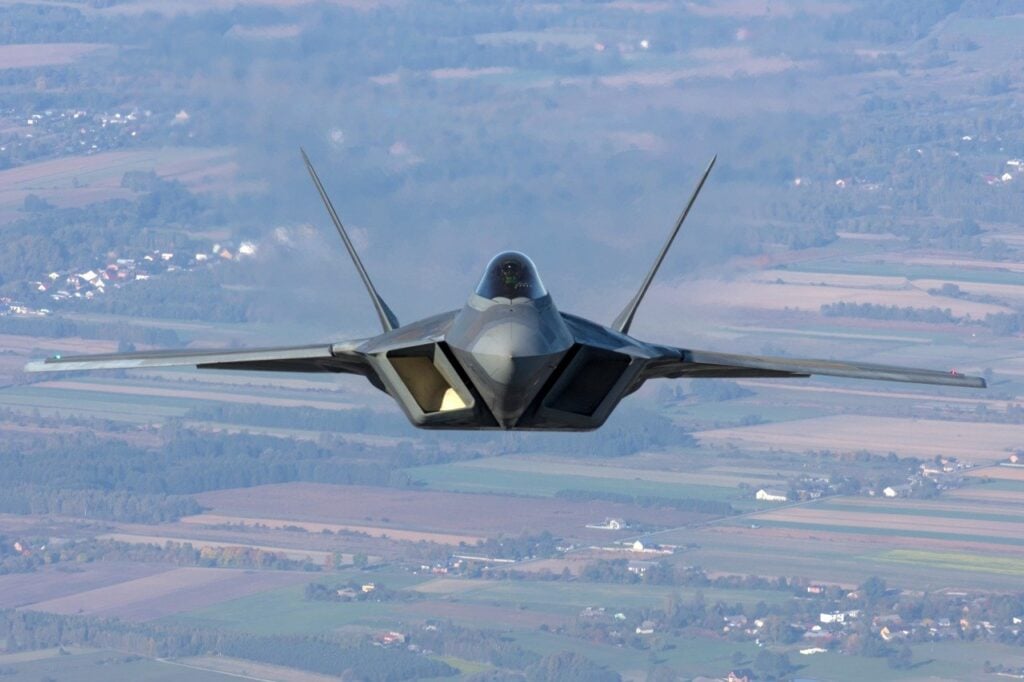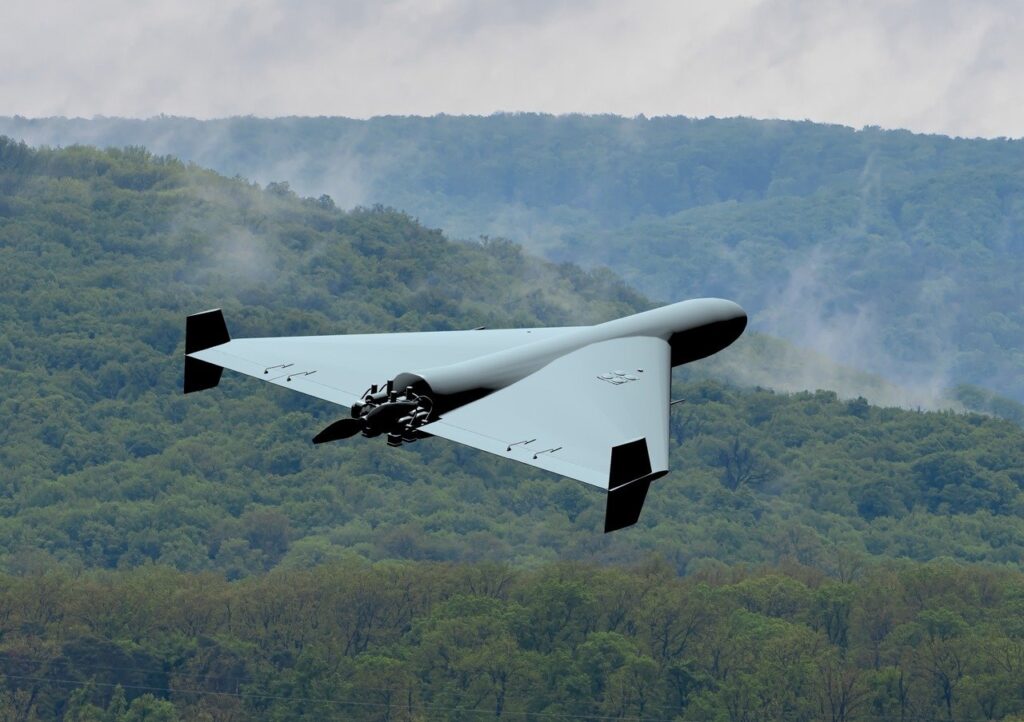
Ukraine Sends Its New Peklo Missile-Drones to the Front
Ukraine has announced the domestic serial production of its jet-powered “Peklo” drone-missiles. The first batch, according to Dylan Malyasov in Defence Blog, was delivered to around a dozen frontline Ukrainian units.
In Malyasov’s summation, “Peklo (“Hell”) drone-missile[s] represent a new class of weaponry entirely developed and produced in Ukraine.”
There’s some confusion as to whether the Peklo is, in fact, a missile or a drone. The confusion is a perfect example of the kind of tactical innovation that has defined both sides of the fighting in Ukraine (and will have longer-lasting impacts on the future of conflict itself).
The Context of the Missile-Drone
The Ukrainians have mastered the art of drone warfare and have made missile barrages a key attack vector against Russian forces. The Russians, after initially being completely stymied by the Ukrainian Army’s unique and vicious methods, have adapted and started using their own combination of drones plus devastating missiles.
Now, it’s possible that Ukraine is masterminding a true fusion of the technologies to streamline their (dwindling) offensive capabilities.
The Specs
Ukraine’s Peklo can achieve a range of nearly 435 miles and has speeds of up to 435 miles per hour. In other words, it has double the range of the British Storm Shadow missiles that Ukraine recently lobbed into neighboring Russia. Peklo appears to be a shorter-range version of the Palianytsia long-range weapon, which has also been described as a “missile-drone.”
Ukraine is keeping a tight lid on the Peklo’s specifications, but certain aspects of the new, dynamic weapon system can be inferred. The wingspan of the Peklo is around two meters. It is assessed by Defense Express that the missile-drone’s warhead “is unlikely to exceed [110 pounds],” which makes the Peklo akin to Anduril’s Barracuda missile.
As for the engine on the system, it appears to be a compact turbojet engine.
What is Really To Be Done?
Whether these weapons can affect a positive strategic outcome in the war is unknown. Indeed, the probability that they will change the situation at the strategic level is low. Yet, at the tactical level, this system and the fact that it has a relatively simple and efficient design (meaning mass production should be straightforward), should help the Ukrainians to hang in the fight a bit longer.
Inevitably, though, Ukraine requires a negotiated settlement to end the war and allow for its forces to recuperate and its society to rebuild. No amount of Peklo missile-drones will help with achieving that outcome.
Brandon J. Weichert, a National Interest national security analyst, is a former Congressional staffer and geopolitical analyst who is a contributor at The Washington Times, the Asia Times, and The-Pipeline. He is the author of Winning Space: How America Remains a Superpower, Biohacked: China’s Race to Control Life, and The Shadow War: Iran’s Quest for Supremacy. His next book, A Disaster of Our Own Making: How the West Lost Ukraine, is available for purchase wherever books are sold. Weichert can be followed via Twitter @WeTheBrandon.
Image is a generic Shutterstock image of a drone swarm.


